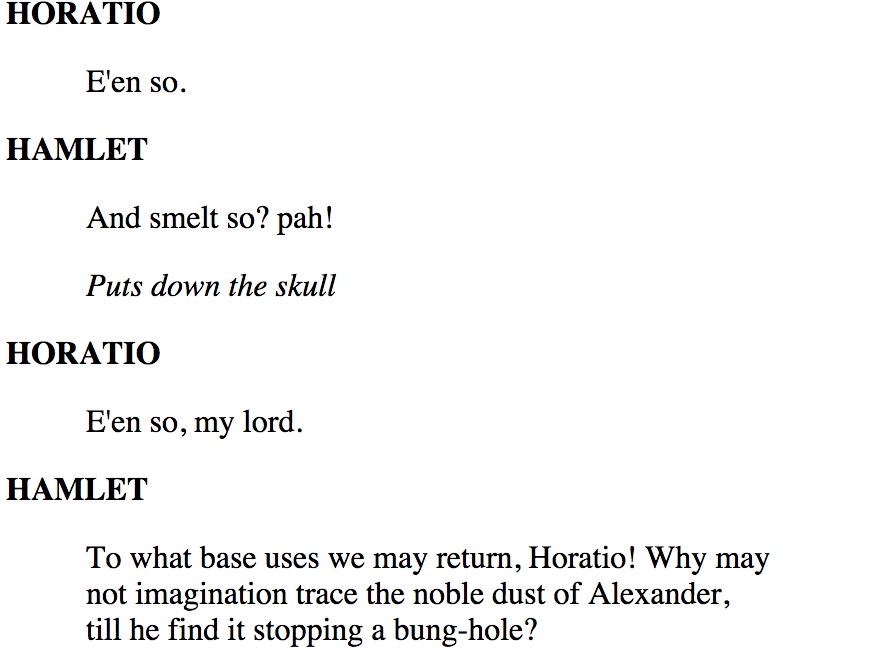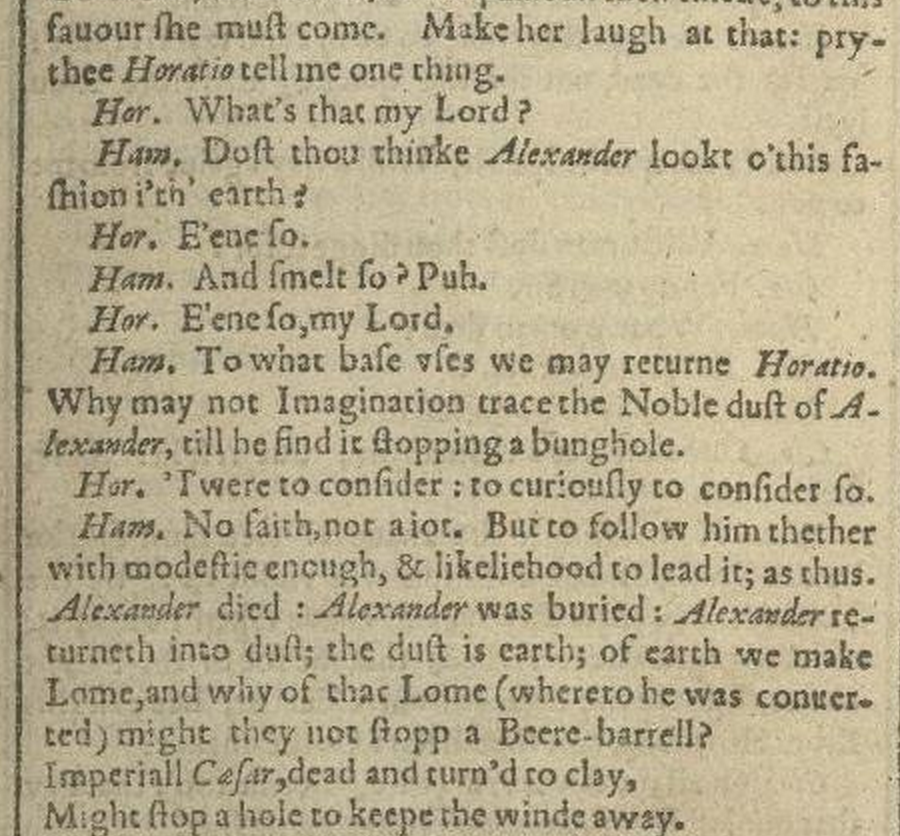This … can we call it a graphic novel? Tells the story of animals in the zoo putting on a performance of
Macbeth. Not only do you see the audience, the audience interacts with the show in a series of inset panels, commenting on the action and making various puns and other jokes. This has been done before (
Marcia Williams’ books come to mind) but I like it even more here, because it doesn’t overpower the story. The audience gets a single panel at most, in context with the rest of the flow of dialogue. You don’t feel as if one story is talking over the other.
This is a very kid safe version of the story. Macbeth, a lion, does not kill people – he eats them (apparently whole, as they keep talking to him from inside his belly). There is no blood, there’s ketchup (and lots of it). Lady Macbeth, forced to do her husband’s laundry, cannot seem to get the ketchup stains out and this drives her a bit crazy. As people begin to notice Macbeth’s increasing waistline, they start asking questions and he starts overeating. The best part is that somehow Lendler manages to give us a happy ending, while staying pretty true to the original story (including a nice twist on the “not borne of woman” thing).
The best praise I can offer comes from my son, who is 8. Right now we are going through a tough time getting him to read. He sees it as a chore, and no matter what we put before him, he’ll kick and scream and go through the same routine even though he knows it never gets him anywhere. It’s worse than pulling teeth.
Well, when this book showed up I brought it to him and said, “You and I need to read this book. This is a big deal, because the man who wrote this book knows that I have kids, and that my kids like Shakespeare, and he thought we might like to read his book and write a review of it so other people can decide if they might like it.” At first, without opening the book, he gave me the same eye roll and drooped shoulders I’ve become so familiar with. But I persisted, and said that we should sit down and read Act 1 together, which we did.
The next day, before I went off to work, I told my son, “Don’t feel as if you have to wait for me, you know. I know that story. You can go ahead and read it without me.” Fast forward to later that night when I returned? He tells me, “I finished the Macbeth book, Daddy. I like books like that, get more of those.” Not completely ready to trust that it had been that easy, I asked him to tell me the story. He told me of how Macbeth’s friend “Banksy” talked to much and got eaten, and how Macbeth’s wife had to do so much of his laundry to get the ketchup stains out that she used up all the soap in the castle, and how “Detective” Macduff eventually solved the mystery … but I’m not going to spoil the story for anybody. 🙂
Ian tells me that Romeo and Juliet is already planned, and I can’t wait. This one may not score highly on the classic Shakespeare scale, but I’m ok with that. I’d rather have a book like this that has my kids asking for more, than a more advanced book that I feel like they’re only reading to keep me happy.



